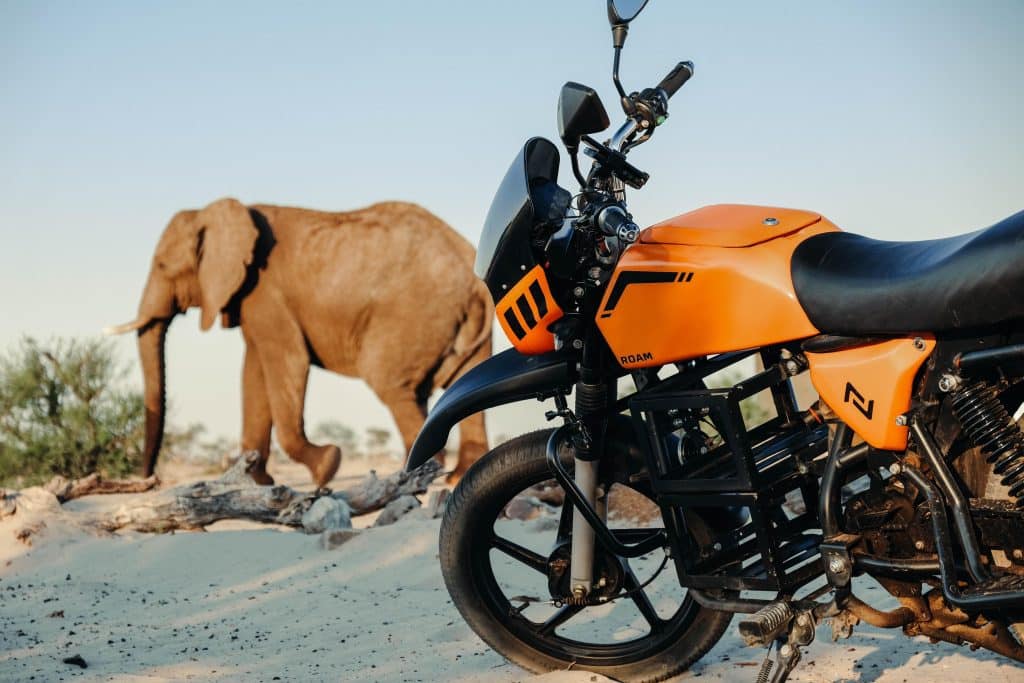Roam’s electric motorbike achieved the record range of 113km, 70 miles per battery
An electric motorbike completed a 6000-kilometre (3,700 miles) journey from Nairobi, Kenya, to Stellenbosch, South Africa, in 17 days only on solar energy made by a Swedish-Kenyan manufacturer, Roam Air.
A support vehicle equipped with charged solar panels and batteries was ahead of the riders, swapping a new charged battery every day when the old one died. This achieved the record range of 113 kilometres, 70 miles per battery.
This stunt was made to prove the viability of renewable energy for long-distance travel in rural areas with poor electricity and a lack of infrastructure. Highlighting ingenuity and sustainability focusing on Kenya’s leadership in clean mobility
Masa Kituyi, Roam product owner tells CNN “(We wanted) to break a lot of boundaries on how traversing through sub-Saharan Africa is possible without pre-installed charging infrastructure,”
Roam Air collaborated on this experiment with Stellenbosch University, which recently established an electric mobility lab dedicated to advancing electric vehicle technologies.
Kituyi rode alongside Stephan Lacock, a postgraduate student at Stellenbosch University. They started their journey on the 29th of September and ended on the 16th of October.
They covered about 400 kilometres (250 miles) each day, approximately 80 kilometres (50 miles) per battery.
The team also faced some issues like constant change in weather. Making them change their route according to the availability of sun so they could get adequate sunlight for charging the battery.
The market research firm Mordor Intelligence estimates that the African electric vehicle (EV) marketed is valued at around $16 billion, also indicating its projections to reach $25 billion by 2029 due to increased investments and supportive government policies.
Electric motorcycles are the central part of this as demand for them is rapidly increasing. Another report from Mordor predicts that by 2030 the electrification rate for two-wheeler will reach 22% surpassing other means of transportation.

